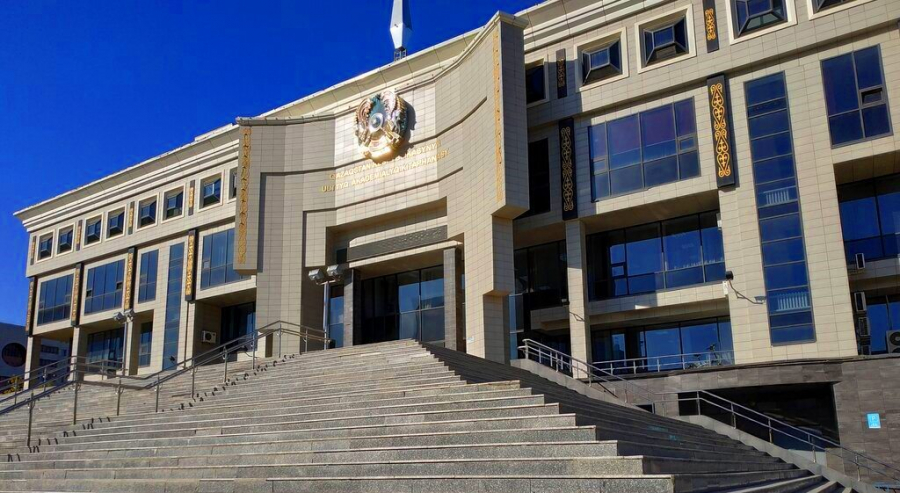
Orientalists from
Central Asia are set to study the development of Islamic civilization. Their
cooperation will intensify after the commissioning of a unique cultural and historical
site, the Center of Islamic Civilization in Tashkent. Its construction began in
2017 and is expected to be completed by year-end. The building stands 64 meters
tall and covers an area of 60,000 square meters. The center will house a
museum, an academy, a library, and a storage facility in its ten exposition
halls. Thousands of artifacts, rare ancient books, and manuscripts brought by
Uzbek scholars from around the world are planned to be on display.
«This center will also
serve as a platform for cooperation in this area, which is crucial for us. On
the second floor, we are creating special offices where we intend to carry out
joint projects with our esteemed neighboring countries, primarily offering such
partnerships to scientists from Central Asia. These were once shared
territories, and we need to combine our efforts to study our great history,»
said Firdavs Abdukhalikov, director of the Center of Islamic Civilization in
Uzbekistan.
«Our neighboring
countries have shared historical periods and developed intertwined cultures.
Cooperation between the Azret Sultan Reserve-Museum and the center is now under
consideration, with a memorandum set to be signed soon. I believe that our work
will commence after this,» shared Maulen Sadykbekov, director of the Azret
Sultan State Reserve-Museum.
Another cultural and historical site that can
become a valuable source for researchers of Islamic civilization is the
mausoleum of the famous Hadith scholar Imam al-Bukhari. Located in the vicinity of Samarkand, it was
built in 1998. Currently, it is undergoing reconstruction and is expected to
open next year as a unique memorial complex and pilgrimage site. It will include
several structures: the mausoleum itself, a museum, an academy, and a library. All
necessary conditions will be created for visitors to the complex. Additionally,
a mosque with a capacity of over 9,000 people will be able to receive up to five
million pilgrims annually.
«This is a unique area of 48,000 square meters.
It will feature vast gardens covering 4,000 square meters. This is a unique
mausoleum in terms of beauty, quality of materials, architecture, and a new
dome. From a scientific standpoint, it is a highly advanced international
scientific center,» noted Yusuf Abdullayev, rector of the Samarkand
International University of Technology.









